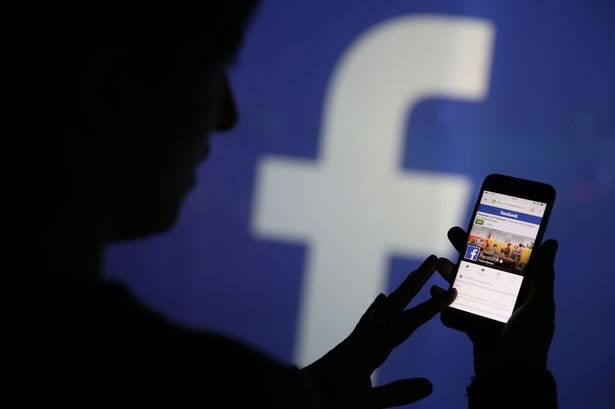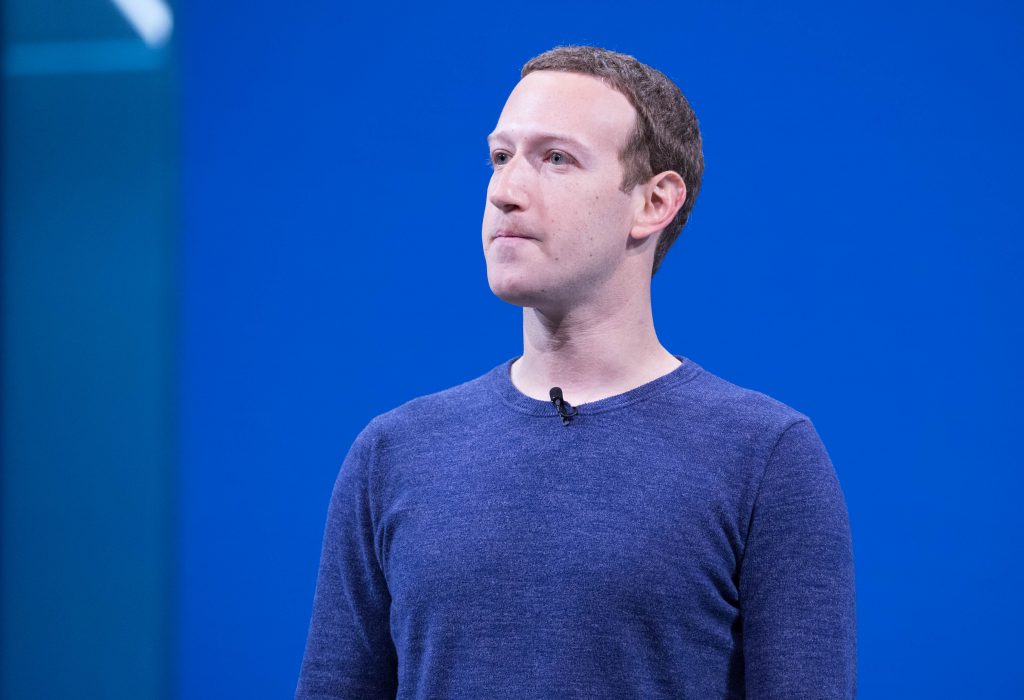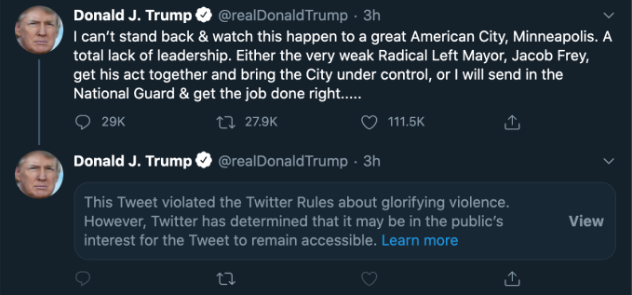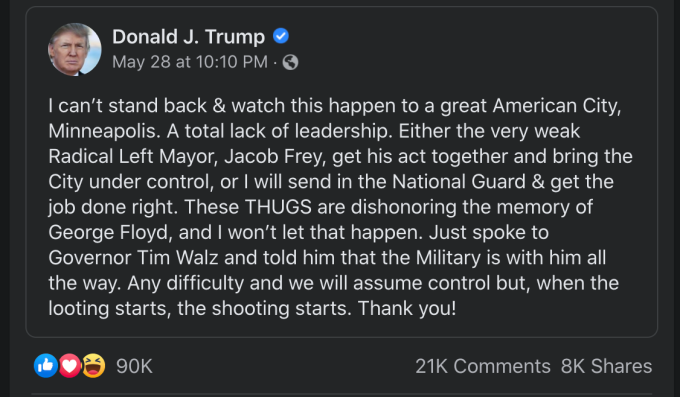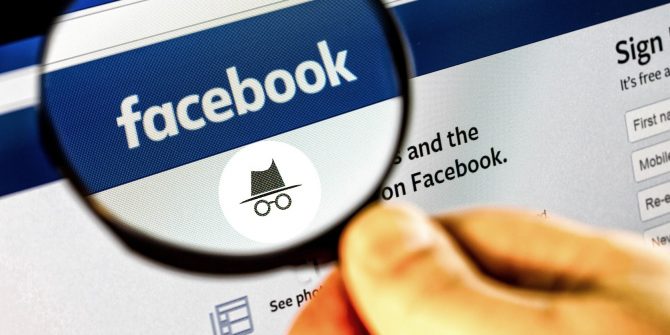Facebook to Release Dark Mode For Desktop Version
Facebook has been in the news for a plethora of reasons in the last few weeks. What started as a reaction to claims of promoting hate speech, has now become news regarding a technology update. The social media platform has been receiving flak for its policies, advertisements, and views on freedom of speech. However, bucking the usual trend, the company has released a statement regarding a new update for the app. Here’s a look at what Facebook has been up to in the last few months.
Facebook Goes Dark
Facebook recently launched a dark mode version of its desktop application. The company also stated that it is working on a similar dark mode version for its mobile application. The testing for the same is underway, and the tech giant expects the update to be out soon. As reported by the SocialMedia Today, as of now, the dark mode capability has been opened to only very few users. Since the update is still in testing, the company is exposing few people to it, and adapting the interface as per their feedback. While the desktop-dark-mode came out last month, the mobile version does not have a timeline attached to it yet. The update came to help people cut down on glare, and help them view the website in low-light environments.
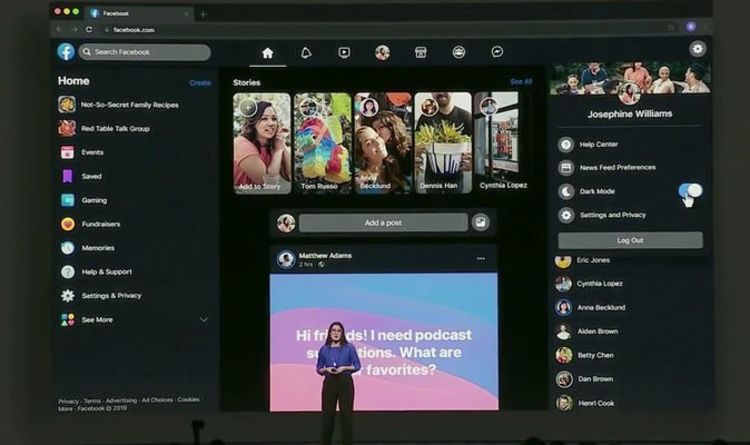
Slow to The Starting Line
However, fans were surprised that the tech giant took this long to come out with such an update. All of Facebook’s contemporaries have already come out with their versions much earlier. Notably, their own subsidiaries, Instagram and Whatsapp, went dark months ago, followed by the Facebook Messenger. Meanwhile, Facebook’s biggest adversary, Twitter has had a Night Version for both Android and iOS for quite some time. Google seemed to be the last to enter the arena, coming out with their dark mode, earlier this year. These updates, which allow users to change all background colors to black, have become quite popular with users. This setting makes things more comfortable for the eyes, is aesthetically pleasing, and consumes less power, allowing the battery to last longer.
Difficult Times Ahead
However, as per photos put up by users with access to the feature, Facebook’s Dark Mode will not be pitch black. Instead, the functionality will have a grayscale design that uses white accents for icons and logos. Furthermore, along with introducing the Dark mode, Facebook also revamped its website design. The new navigation makes it easier to find videos and Groups, and help in faster page transitions. However, these updates come during troubling times for the technology giant. Over the past week, several major advertisement companies have stated they will not be working with Facebook any longer. This could lead to the company losing out on millions in the form of advertising revenue for the Zuckerberg-led company.

Being a cinephile with a love for all things outdoorsy, Athulya never misses a chance to chase inspiring stories or poke fun at things, even when the subject is herself. Currently pursuing a degree in mechanical engineering, she is someone innately interested in technical and scientific research. Music reviews and op-eds define her as they allow her to explore different perspectives. Though sometimes she thinks she makes more sense playing the guitar than she does while writing.
